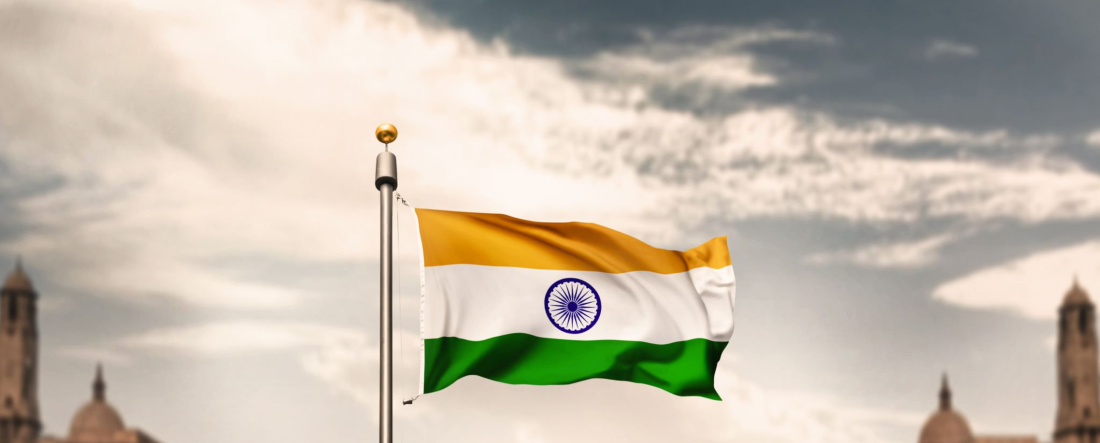Key Insights
- India’s equity market cap overtook Hong Kong’s for the first time ever, making it the 4th largest globally behind the US, China, and Japan.
- India’s market cap hit $4.33 trillion compared to Hong Kong’s $4.29 trillion, reflecting India’s rapid growth and appeal to global investors.
- Hong Kong stocks have struggled amid China’s economic woes, while India extends an 8-year winning streak for its benchmark index.
MUMBAI – India’s stock market capitalization overtook Hong Kong’s for the first time ever on Monday, making it the fourth largest in the world behind only the United States, China, and Japan.
The combined market cap of Indian equities hit $4.33 trillion at Monday’s close, surpassing Hong Kong’s $4.29 trillion, reflecting India’s rapidly expanding economy and its growing allure to global investors.
India’s market cap has quadrupled in the last four years on the back of strong earnings growth and a surge of new retail investors. Overseas investors poured over $21 billion into Indian shares last year, helping extend the benchmark Sensex index’s winning streak to eight straight years.
In contrast, Chinese and Hong Kong stocks have been routed amid Beijing’s strict zero-COVID policies, property sector woes, and geopolitical tensions, wiping off over $6 trillion in market cap since 2021 peaks.
Once hailed as China’s growth engine, Hong Kong has also lost ground as a listing venue due to equity raising delays and valuations lagging Indian peers.
We see India as the best structural growth story across emerging markets, said Evan Metcalf, CEO at Global X ETFs, citing favorable demographics and growth-focused reforms.
UBS and Bernstein have warned Indian stocks look expensive and expect a China rebound, but domestic institutional investors seem unfazed and foreign inflows show no signs of abating as India cements itself as the next Asian tiger.
On Tuesday, mainland China stocks jumped on reports authorities may unveil market stabilization measures, but have still fallen over 10% in 2024 on the heels of last year’s 27% plunge.


